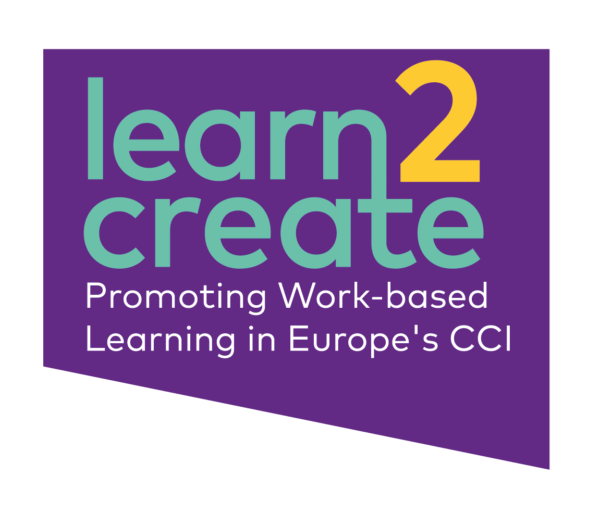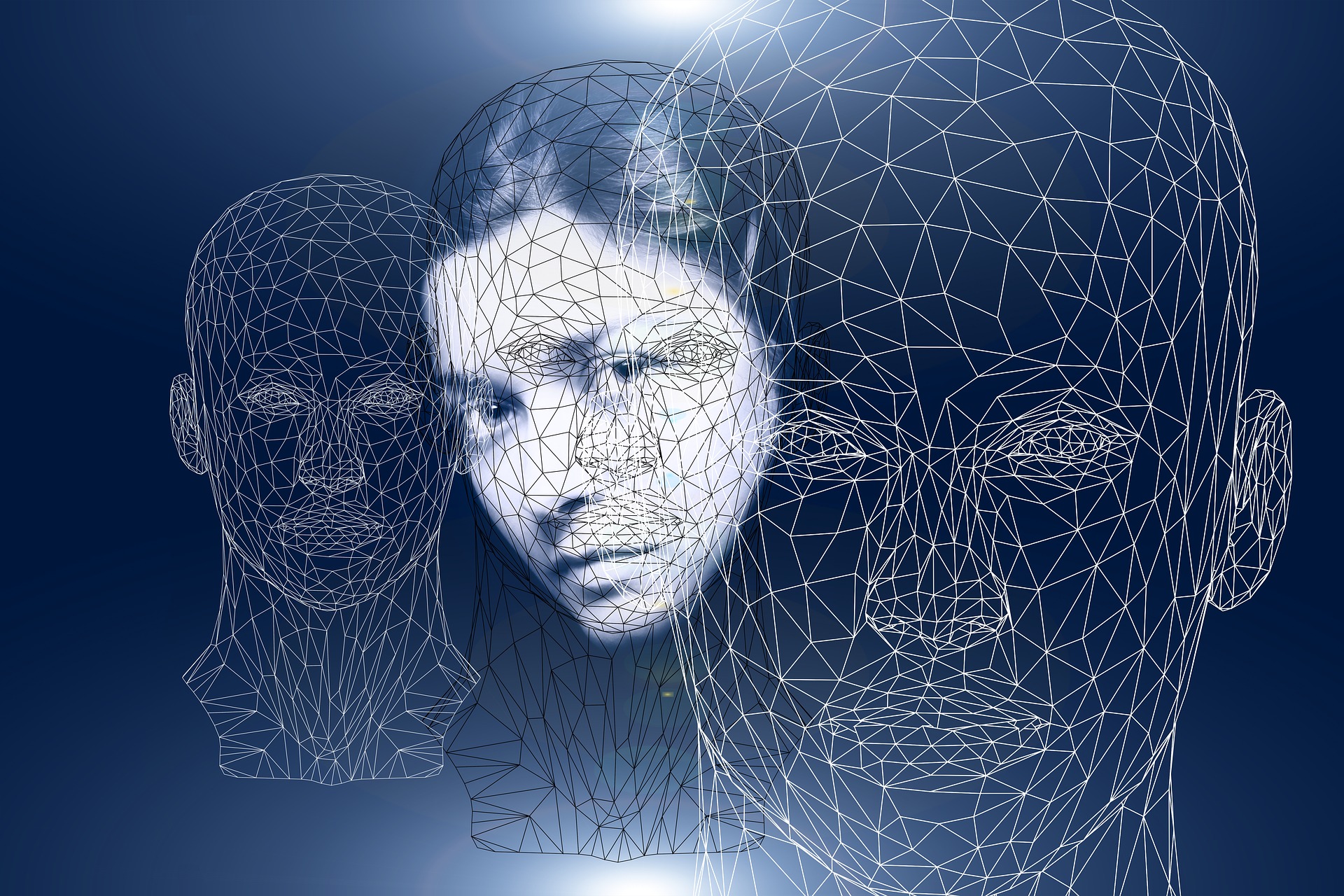Creative endeavours have started seeing a concept influx in the 21st-century. What is known as the creative sector is changing and morphing into new concepts of creativity as swiftly as technology modifies the industry just like any other part of everyday life. And while practice and job shadowing have been a teaching process in the “crafts sector” for centuries, work-based learning is now finding its way in the industry as part of a formal education’s curriculum.
More and more educational institutions encourage work-based learning for creative students which, as a result, sees many learners exploring the creative industry and its work environment in a different context and at a younger age.
This early start complements Binyamin’s theory[1] which states that students must identify with the goals, values and beliefs of an environment to make a professional commitment. Taking into consideration that values and beliefs are -along with other attributes -the characteristics of a professional identity [2], we can see that this identity is necessary for the learner and future CCI professional to develop.
And so, it is rather fortuitous that identity – as Erikson points out[3] – is never acquired or maintained in its entirety. It is, just as any other strong conscience, continuously lost and restored. And so, the different experiences a learner goes through during work-based learning form a unique set of values and beliefs that contribute to their ever-changing identity.
In addition, the CCI sector is generally inclusive and allows for a more liberal expression of identity[4] – be it professional, social or any other kind. This is particularly encouraging to a learner whose professional identity is at its early stages.
In conclusion, work-based learning in creative industry is – among else – a fertile ground for the development of young people’s professional identity
[1] https://link.springer.com/article/10.1007%2Fs10459-017-9773-2
[2] https://www.researchgate.net/publication/340458105_Professional_identity_A_concept_analysis
[3] https://doi.org/10.1177%2F000306515600400104
[4] http://hdr.undp.org/en/content/how-cultural-and-creative-industries-can-power-human-development-21st-century


